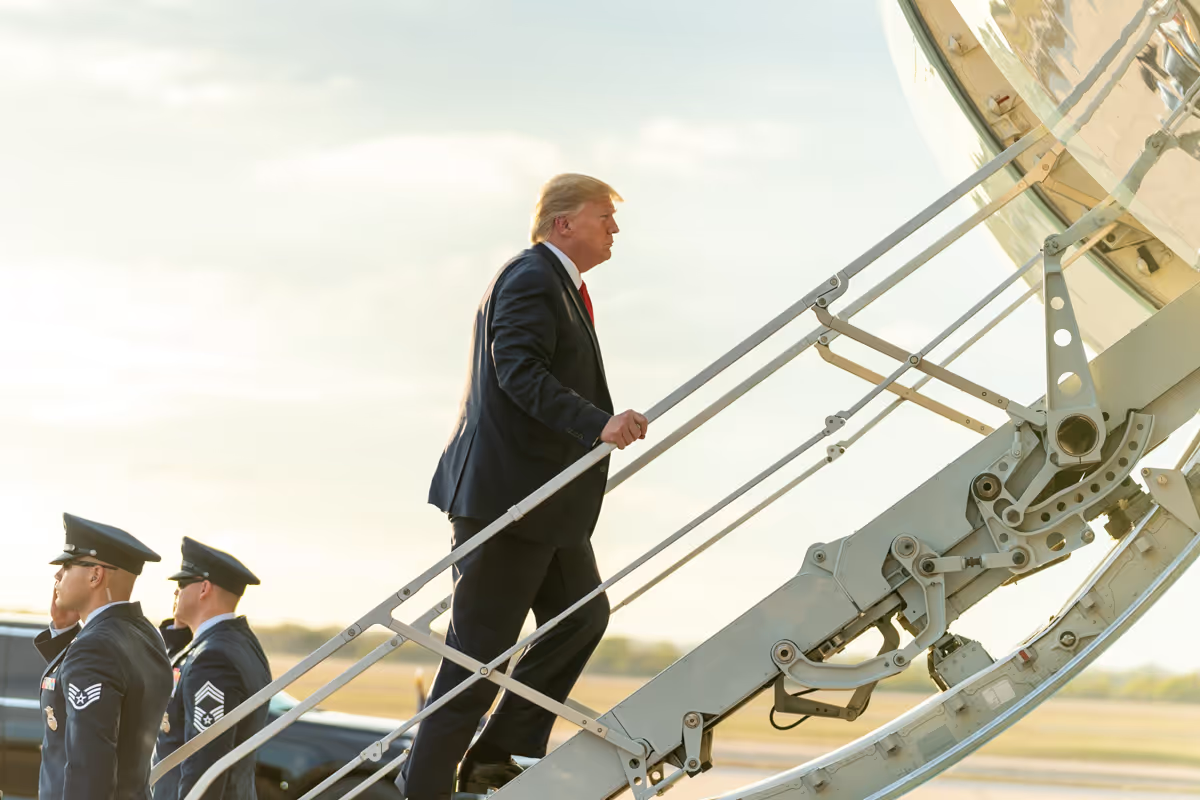Thinktanker Summary
- Elaine Kamarck at Brookings writes that in selecting Senator J.D. Vance as his running mate, Donald Trump aimed to solidify his hard-right agenda, emphasizing Vance's alignment with Trump's core messages and MAGA base.
- The article examines how Trump's choice of Vance follows the "reinforcing model" of vice-presidential selection, where the VP candidate strengthens the presidential candidate's message and governance, rather than providing a traditional ideological or geographic balance.
Overview:
This article was written by Elaine Kamarck at Brookings.
- Donald Trump's selection of Senator J.D. Vance as his running mate emphasizes the reinforcing model over the traditional balancing model for vice-presidential picks.
- The reinforcing model has evolved the role of vice presidents into more influential and integral parts of the administration, in contrast to the historically ceremonial and sidelined roles.
Key Quotes:
- "What Trump did in choosing Vance was to choose a younger, more handsome, and more articulate version of himself—he was reinforcing his message."
- "Trump has made an effective choice in Senator Vance. Vance will not only reinforce Trump’s core messages, but also he will be trustworthy as a vice president."
What They Discuss:
- Vice-presidential selections historically balanced geographic and ideological differences, such as John F. Kennedy choosing Lyndon B. Johnson.
- The modern reinforcing model prioritizes message consistency, as seen with Bill Clinton's selection of Al Gore.
- Trump's selection of J.D. Vance aligns with his strategy to maintain and amplify his core messages.
- The reinforcing model became popular due to its advantages in both campaigning and governance, reducing intra-administration conflicts.
- Vance, a steadfast supporter of Trump, echoes core Trump base sentiments on issues like the 2020 election and Capitol attack prisoners, ensuring alignment with Trump's policies.
What They Recommend:
- The article suggests that future presidential candidates should consider the reinforcing model for vice-presidential selections to ensure cohesive administration policies and effective governance.
- It implies that aligning vice-presidents with the presidential agenda could prevent internal conflicts, thus better serving the electoral and governance needs.
Key Takeaways:
- The reinforcing model has proven effective in recent decades by ensuring vice presidents align closely with the president’s agenda.
- J.D. Vance's alignment with Trump’s positions strengthens Trump's political messaging, particularly significant given Trump's age.
- The shift from balancing to reinforcing vice-presidential picks marks a significant change in political strategy and governance.
This is a brief overview of the article by Elaine Kamarck at Brookings. For complete insights, we recommend reading the full article.
THINK TANK PROFILE

Washington DC
Founded 1916
An influential Washington-based think tank focusing on global security, defense, and economic policy.
Liberal
Leans Right









